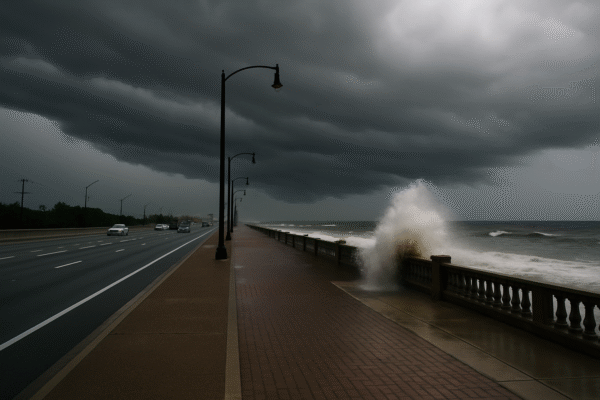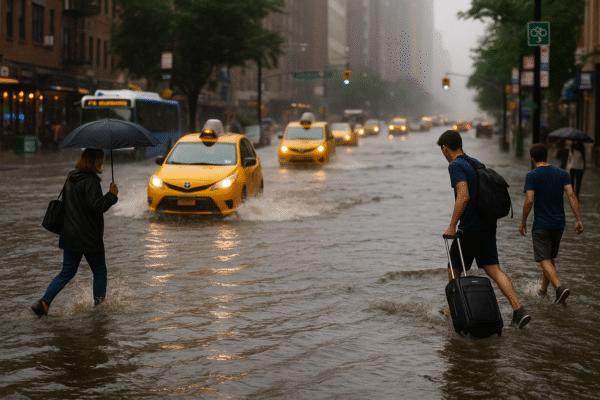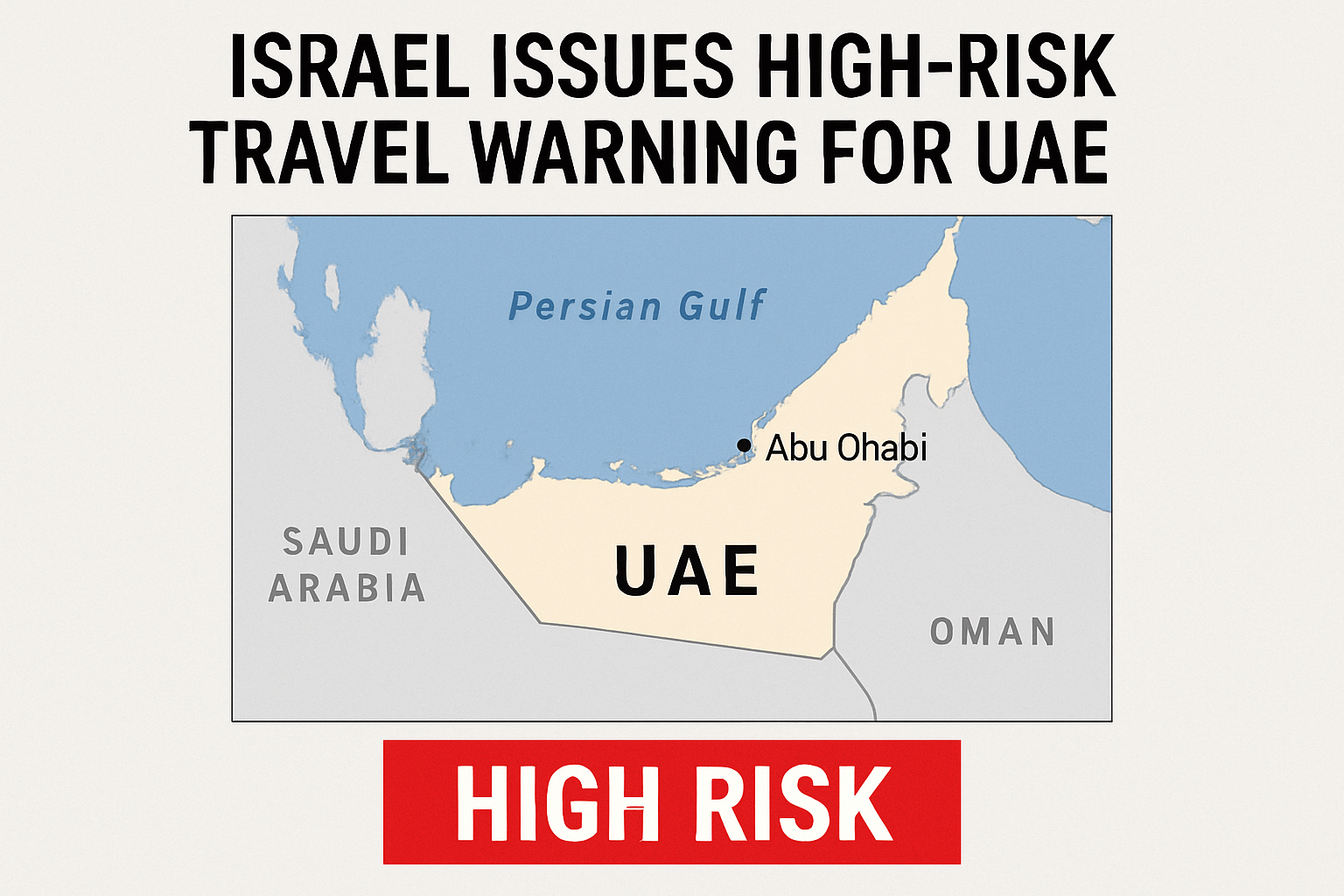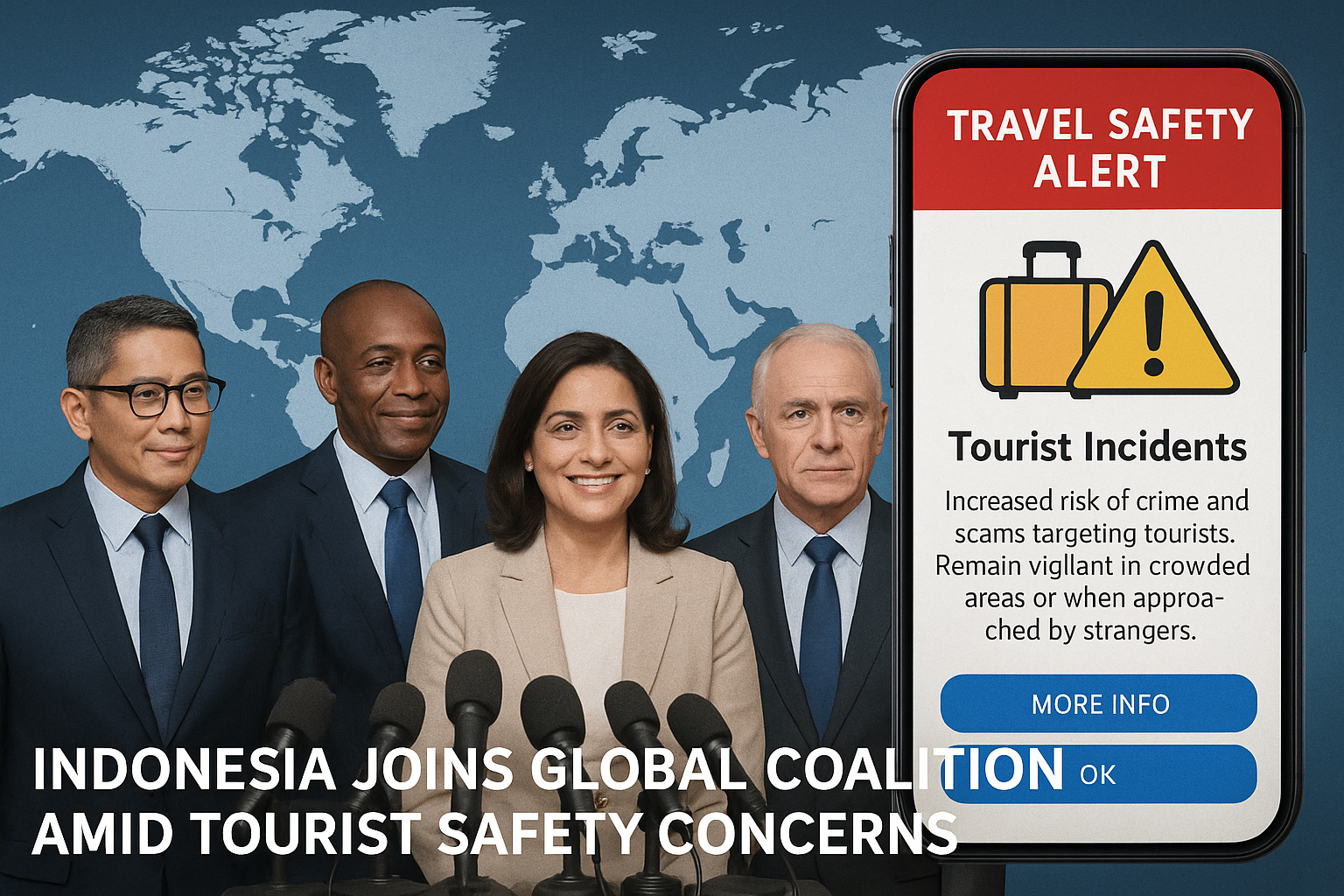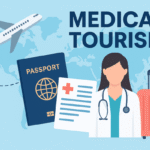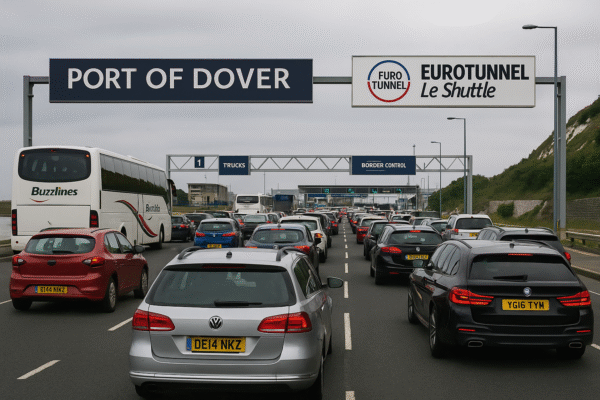Jakarta, June 2025:
Indonesia has joined a growing international coalition of countries—comprising Mexico, Brazil, the United Arab Emirates, South Africa, China, Thailand, and the United Kingdom—in responding to rising incidents affecting global travelers. This collective action comes as Australia issues a renewed travel advisory, cautioning its citizens about increasing tourist-targeted crimes, scams, and geopolitical instability in various popular international destinations.
The Department of Foreign Affairs and Trade (DFAT) in Australia raised its travel warning level for multiple countries, including parts of Southeast Asia and Latin America, citing a significant uptick in safety incidents involving Australian tourists. These include theft, harassment, physical assaults, and scams primarily targeting foreigners.
Tourist Hotspots See Rising Safety Risks in 2025
The latest warning comes amid growing concern across popular travel destinations regarding the surge in criminal activity targeting tourists, particularly in crowded urban centers, transport hubs, and remote beach destinations. In Indonesia, the Bali Provincial Police reported a 22% increase in tourist-related crimes during the first half of 2025, prompting authorities to enhance patrols in major hotspots such as Kuta, Ubud, and Seminyak.
Similar trends have been observed in Rio de Janeiro, Cancún, Bangkok, and Cape Town, where local law enforcement agencies are now working more closely with international consulates to improve traveler protection and emergency response systems.
Indonesia Advocates Multilateral Strategy for Travel Safety
Speaking at a press briefing in Jakarta, Indonesia’s Minister of Tourism and Creative Economy, Sandiaga Uno, emphasized the importance of multilateral cooperation to ensure safer experiences for global travelers.
“Indonesia is deeply committed to ensuring that visitors feel safe and welcomed. We are actively collaborating with global partners and investing in tourism security infrastructure to address these growing concerns,” Uno said.
Indonesia is now participating in a regional safety dialogue with ASEAN partners and is aligning with global stakeholders to improve emergency support channels, multilingual safety information at tourist sites, and real-time traveler alerts through mobile applications.
Australia’s Advisory Impacts Global Tourism Planning
Australia’s travel advisory has raised the alert level for countries such as Thailand, Indonesia, Brazil, and parts of Africa and the Middle East, citing increased geopolitical tensions, petty crime, and limited emergency assistance in rural or conflict-prone areas.
The Level 2 (Exercise Increased Caution) and Level 3 (Reconsider Travel) ratings issued for several destinations are likely to impact travel bookings and insurance policy coverage for Australian nationals planning overseas trips in the coming months.
Tourism experts believe that while these warnings are not uncommon, their timing ahead of the southern hemisphere’s winter travel season may influence international booking trends, especially among older travelers and families.
Mexico and Brazil Pledge Stronger Tourist Protection
Both Mexico and Brazil, top destinations for Australian and European tourists, have also responded to recent incidents by unveiling new security measures. In Mexico, a “Safe Beach Corridor Initiative” has been launched in Cancún and Los Cabos, deploying more security personnel and surveillance equipment.
In Brazil, the Ministry of Tourism is working with local police to enhance visible patrols and tourist assistance boothsin Rio, São Paulo, and Salvador. Additionally, government-run digital platforms will soon include live updates on area-specific risks, traffic disruptions, and police alerts.
Technology and Transparency at the Forefront
The unified international effort is being supported by several tech-driven solutions. Indonesia, Thailand, and the UAE are rolling out mobile safety applications that provide real-time updates, emergency contact options, location sharing, and AI-based risk analysis for travelers.
The United Kingdom’s Foreign, Commonwealth & Development Office (FCDO) has joined the effort, issuing comprehensive safety guidelines for British travelers and encouraging dual data-sharing arrangements with tourism boards in partner countries.
Tourism Boards Emphasize Reassurance, Not Fear
Despite the heightened alerts, national tourism boards are focused on rebuilding traveler confidence. Campaigns highlighting safe and culturally immersive experiences, improved infrastructure, and expanded embassy support have been launched across key source markets.
Indonesia, for example, has introduced a “Safe Bali 2025” campaign aimed at showcasing safety improvements, better tourist-police cooperation, and responsible tourism programs.
“We understand travelers’ concerns and are acting swiftly. It’s not about discouraging travel—it’s about equipping visitors with the information and support they need,” said an official from Thailand’s Tourism Authority.
Conclusion: A Shared Responsibility for Safer Global Travel
As tourist volumes return to pre-pandemic levels, traveler safety has become a central pillar of international tourism planning. With Indonesia, Mexico, Brazil, and others uniting in response to Australia’s warning, a new era of collaborative travel safety is taking shape.
Governments, travel companies, and tourists themselves must now work in unison to ensure that exploring the world remains a rewarding and secure experience for all.
For more travel news like this, keep reading Global Travel Wire




